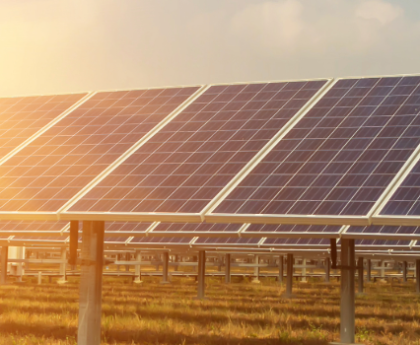The most pressing concern at this point is the inadequacy of the recycling infrastructure available to manage end-of-life materials. In fact, a 2016 report that was prepared jointly by the International Renewable Energy Agency (IRENA) and the International Energy Agency Photovoltaic Power Systems Programme (IEA-PVPS) noted that “As the global PV market increases, so will the volume of decommissioned PV panels, and large amounts of annual waste are anticipated by the early 2030s.” Another study by the U.S. Environmental Protection Agency in 2023 noted that only about 10% of solar panels are currently recycled.
Given that solar panels have a finite lifespan, usually ranging between 25 and 30 years, many solar panels that were installed in the early aughts or before are potentially reaching the end of their life, presenting a substantial waste management challenge. Keep in mind that solar panels contain many of the same harmful substances as other consumer electronics, which is why proper disposal of the panels and other components of a solar system is essential. As more and more people invest in solar panels or even upgrade to better panels for more energy savings, the discarded panels are bound to pile up and cause environmental and, potentially even, public health risks in the face of limited recycling options.
The good news is that solar panels are recyclable, and many states, including California, Hawaii, North Carolina, New Jersey, and Washington, have passed regulations and policies regarding the recycling and proper disposal of solar panels and related systems; however, more laws at a state and federal level, as well as supporting waste management infrastructure, will help.
This post was originally published on 3rd party site mentioned in the title of this site





